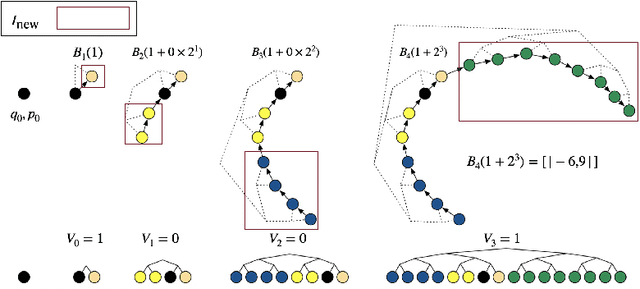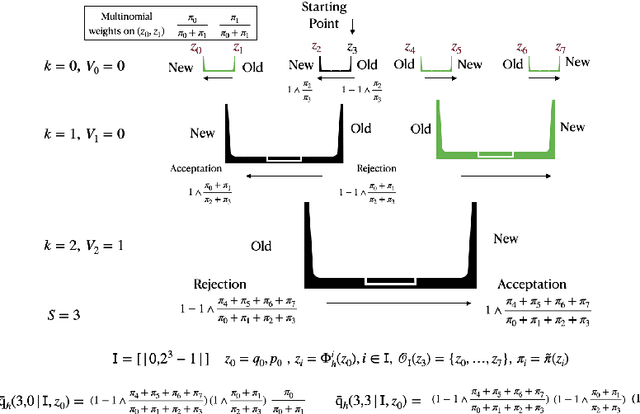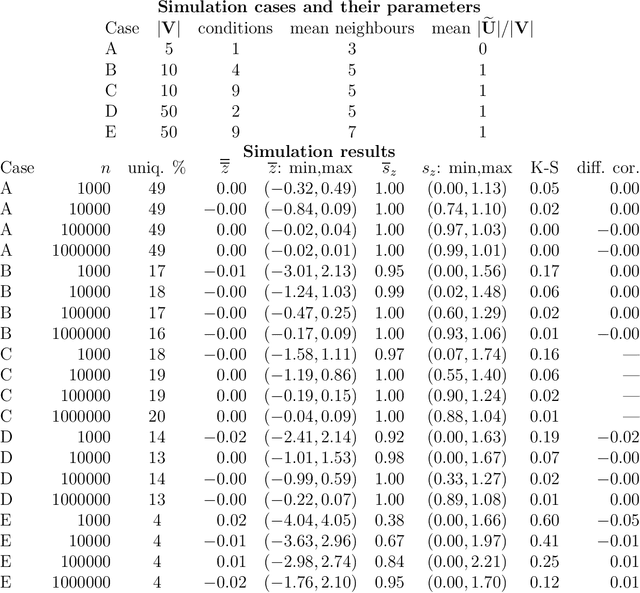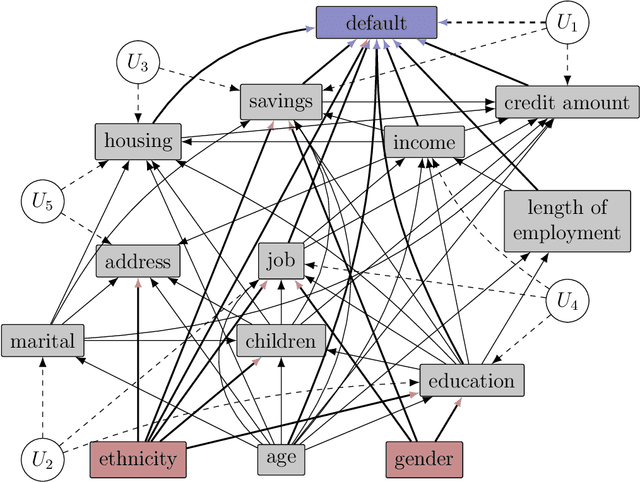Matti Vihola
On the convergence of dynamic implementations of Hamiltonian Monte Carlo and No U-Turn Samplers
Jul 07, 2023

Abstract:There is substantial empirical evidence about the success of dynamic implementations of Hamiltonian Monte Carlo (HMC), such as the No U-Turn Sampler (NUTS), in many challenging inference problems but theoretical results about their behavior are scarce. The aim of this paper is to fill this gap. More precisely, we consider a general class of MCMC algorithms we call dynamic HMC. We show that this general framework encompasses NUTS as a particular case, implying the invariance of the target distribution as a by-product. Second, we establish conditions under which NUTS is irreducible and aperiodic and as a corrolary ergodic. Under conditions similar to the ones existing for HMC, we also show that NUTS is geometrically ergodic. Finally, we improve existing convergence results for HMC showing that this method is ergodic without any boundedness condition on the stepsize and the number of leapfrog steps, in the case where the target is a perturbation of a Gaussian distribution.
Simulating counterfactuals
Jun 27, 2023


Abstract:Counterfactual inference considers a hypothetical intervention in a parallel world that shares some evidence with the factual world. If the evidence specifies a conditional distribution on a manifold, counterfactuals may be analytically intractable. We present an algorithm for simulating values from a counterfactual distribution where conditions can be set on both discrete and continuous variables. We show that the proposed algorithm can be presented as a particle filter leading to asymptotically valid inference. The algorithm is applied to fairness analysis in credit scoring.
Graphical model inference: Sequential Monte Carlo meets deterministic approximations
Jan 08, 2019


Abstract:Approximate inference in probabilistic graphical models (PGMs) can be grouped into deterministic methods and Monte-Carlo-based methods. The former can often provide accurate and rapid inferences, but are typically associated with biases that are hard to quantify. The latter enjoy asymptotic consistency, but can suffer from high computational costs. In this paper we present a way of bridging the gap between deterministic and stochastic inference. Specifically, we suggest an efficient sequential Monte Carlo (SMC) algorithm for PGMs which can leverage the output from deterministic inference methods. While generally applicable, we show explicitly how this can be done with loopy belief propagation, expectation propagation, and Laplace approximations. The resulting algorithm can be viewed as a post-correction of the biases associated with these methods and, indeed, numerical results show clear improvements over the baseline deterministic methods as well as over "plain" SMC.
 Add to Chrome
Add to Chrome Add to Firefox
Add to Firefox Add to Edge
Add to Edge